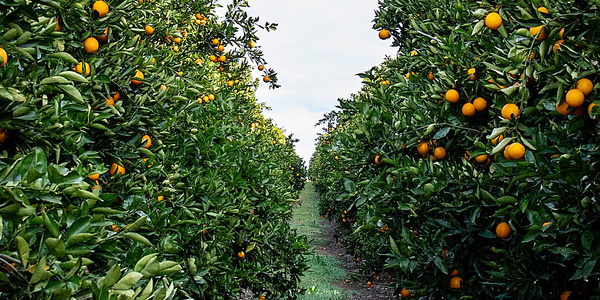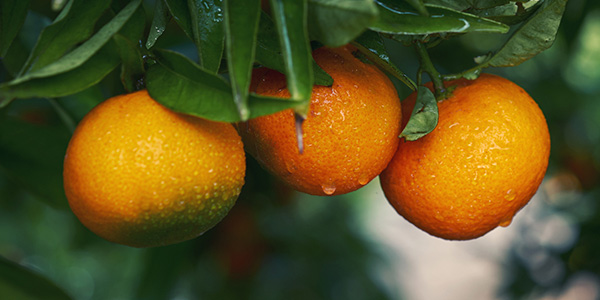
In any production sector, it is necessary to develop a schedule for the product to be manufactured in order to guarantee the success of any supply. In all of them, there are difficulties in tackling this with total precision, especially in the agricultural sector. The Spanish citrus sector is in need of varietal planning and restructuring, by means of a joint action in which it would be necessary to adapt plantations and varietal renewal to market demand. The citrus variety panorama is becoming increasingly complex. This sector has gone from handling 20 varieties and 5 rootstocks in the 70s of the last century to around 200 varieties and 30 rootstocks nowadays, which means we can deal with a production calendar of around 10 months, which, together with post-harvest techniques, means we can be present on the market practically 12 months of the year.
In this sense, a correct varietal planning and its corresponding combinations with rootstocks is necessary, so that depending on the environmental and soil characteristics and salinity conditions, the most appropriate combination can be chosen. New technological tools, taking advantage of information accumulated by the members of the operative group, will make it possible to improve programmes or mobile applications that facilitate the design of these production programmes, which together with climatic conditions and predictions could improve reliability, harvesting periods and rhythms.
Environmental Sustainability

In many citrus-growing areas of Spain, citrus cultivation is carried out under smallholding structures, with small plots of land, which are the first to suffer the possible loss of competitiveness and which, in a situation of crisis in the sector, such as the one we have been suffering in this last season of disastrous prices and crop losses, are the most affected, causing an effect of abandonment of these plots, which depending on the area, can mean a significant surface area. This abandonment of land at national level has reached more than 1 million hectares in recent years, with the consequent environmental problems that this entails. Many of these smallholdings are located on the outskirts of large cities or towns and are known as “Las Huertas periurbanas” (peri-urban orchards), which constitute a vast agronomic, anthropological, architectural, landscape and environmental heritage, and their conservation is therefore being studied with a view to finding solutions to enable their survival. The aim is to plan a citriculture, in the most efficient way possible, which will lead to a more modern, innovative and diverse agriculture, taking the necessary steps to improve the profitability of our farms.
Social Sustainability

The lack of profitability of farms discourages investment. Through correct varietal restructuring using technological tools and from a business perspective, young people are encouraged to participate in decision-making and therefore to join the agricultural sector. In recent years, the importance of having participated in this process of varietal reconversion has become clear. In general, those farms that have structured and included the new varieties in their production scheme are becoming profitable and are seeing their investment rewarded. The development of this operational group is intended to encourage investment in the citrus sector, facilitating this varietal change, facilitating the establishment of plots of land through joint management advised by producer organisations in the form of a cooperative or any other form of organisation that guarantees profitable marketing, with an impact on formulas that prevent the abandonment of land and the incorporation of young people into the agricultural sector.


